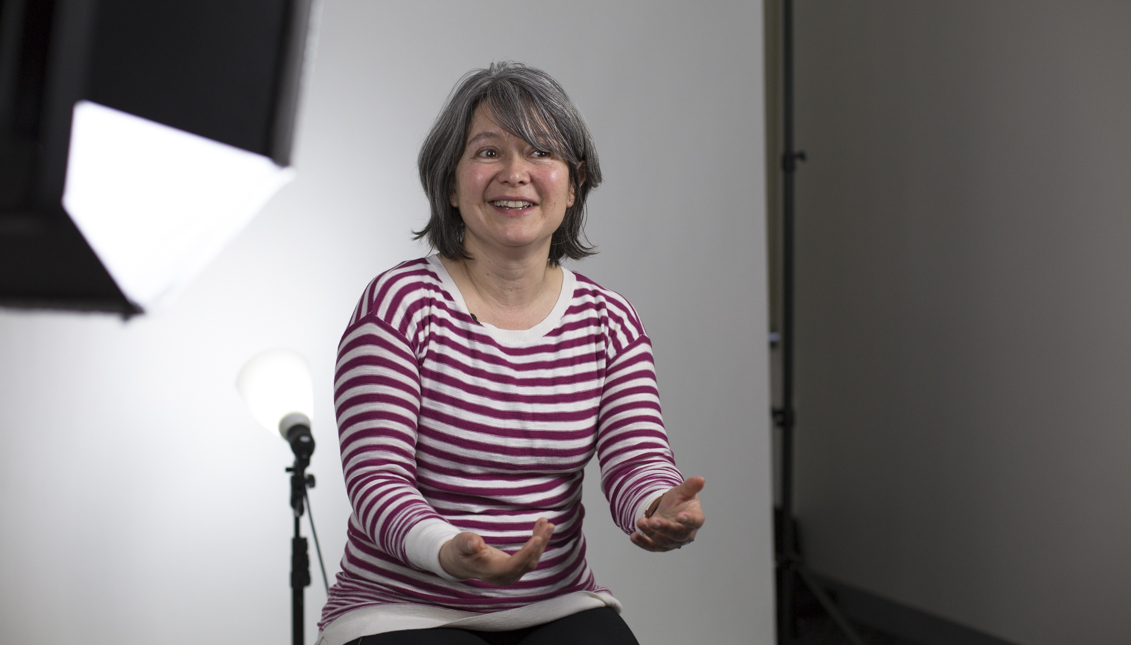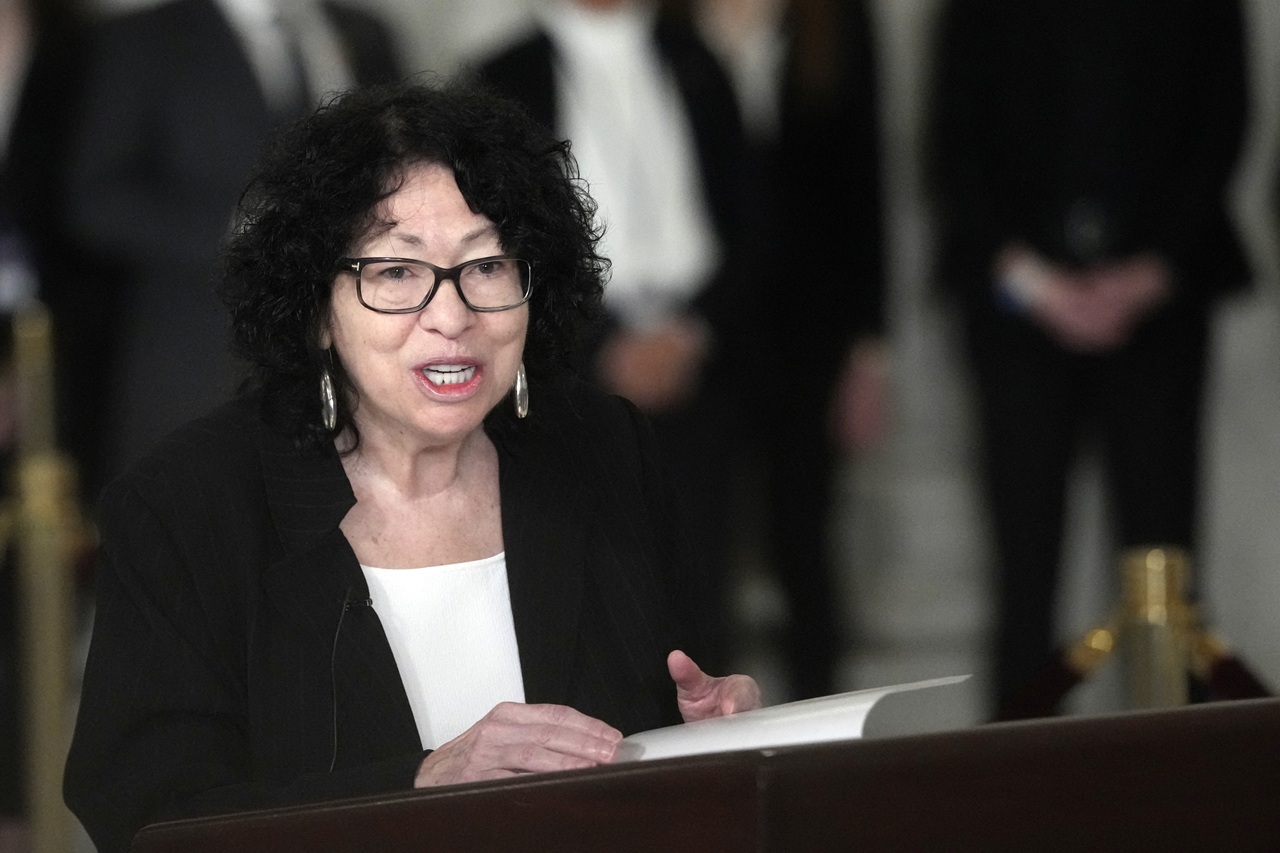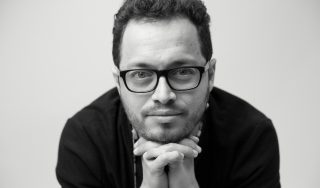
"Immigrants are wonderful people": Emma Restrepo
She is Colombian, immigrant and a journalist who came to Philly 10 years ago. Today, she hosts Para Ti Mujer, the only radio program in Philadelphia with a…
Every Sunday the voice of a Latin American reaches hundreds of Philadelphian homes through the radio.
This device - now more digital than analog and which in the past helped to forge national identities by amplifying voices in the form of songs, radio soap operas, or even stories told by community elders - is the same one that Emma Restrepo uses today to weave a support network between Latino and non-Latino women in Philadelphia.
A little over a year ago, this Colombian immigrant launched Para Ti, Mujer, a Sunday morning program at El Zol Latino -99.9 FM / 1340 AM- where she has given form to an honest and necessary dialogue in the age of Time's Up.
Para Ti, Mujer is the only radio program in Philadelphia with a gender and Latino focus; a kind of oasis in which the issues that affect - for better or for worse - the lives of thousands of Latinas in the city are examined and addressed.
Dozens of leaders and social leaders of the region, entrepreneurs, CEO's, psychologists, lawyers, sexologists, yoga instructors have taken a turn behind the microphone on Para Ti, Mujer, including Rebecca Rhynhart, the first woman elected City Controller, and Larry Krasner, the district attorney.
The educational and family-oriented tone is the hallmark of the program, which aims to provide information that Latinas need to succeed in any aspect of life.
If there is anyone who knows what obstacles women from invisible communities face - and the vital importance of information from a gender perspective in those cases - that is Emma.
Ten years ago, she had to leave Colombia due to death threats from paramilitary forces. At the time, she was working on a United Nations and World Bank project which was investigating the impact of the armed conflict on rural communities in the South American country. A radio series was born out of the project research, collecting the experiences of hundreds of Colombian victims of violence and broadcasting their stories on the community radio stations of more than 360 towns.
Those were the years in which doing the simple, human act of sitting down to talk with the people in the countryside, listening to their stories, and sharing those stories in mainstream or community-based media was equivalent to hanging a tombstone around your neck.
Emma, a lover of the spoken word, could not resist the pressure of violence. She left behind her beloved Bogotá. Her initial plan was to go into exile in Canada, but destiny led her to Philadelphia, a city she feels grateful for because it has allowed her to build on what she had already begun.
For me, being an American immigrant, or being just an immigrant is a kind of a career: you have to know how to survive, you have to adapt yourself with open arms and a lot of respect to the new culture, the new country. It is an act of love, it is hard but it’s also very interesting. It is also a moment for you to face your own monsters.
The first time that I felt like home in Philadelphia… because of the reason [why] I left Colombia was a little painful and I was a little upset with Colombia, I felt this city as my home since the first time that I stepped [in] this city. I remember that I didn’t check the newspapers of Colombia, I broke up with Colombia. Probably that was very helpful for me.
I had the luck of experiencing this city. I think Philadelphia is just gorgeous — I think [it] is a woman, probably because in Spanish “la ciudad” is feminine.
RELATED CONTENT
I think that the contributions that immigrants have given to this city and this country are just enormous.
We shouldn’t really being talking about immigrants, because we are all immigrants. We all are building this beautiful country all the time, every day.
We have a lot to give… I am not saying that Americans are not happy enough or sweet enough, but we certainly are very happy, very sweet. We like to kiss and to hug, even if you have the flu, we don’t care, we share the viruses.
We are incredibly hard workers because we know that we have to work hard because we need to survive and build a new life here. So the clue is hard working [people].
We put all our lives and our intelligence and our creativity and what we are, and we are amazing people.
I would throw [up] (laughing).
I’d say that is very hard to have a rational conversation with a person like that. He is in his world. In his very white and “beautiful’ world, Latinos are not valuable; so I’d say that there wouldn’t be conversation at all because he has his mind.
I would probably describe Latinos and I would say that we are hard workers, we are honest people, we are very sweet and that this world needs love — we are very generous people and smart.










LEAVE A COMMENT: